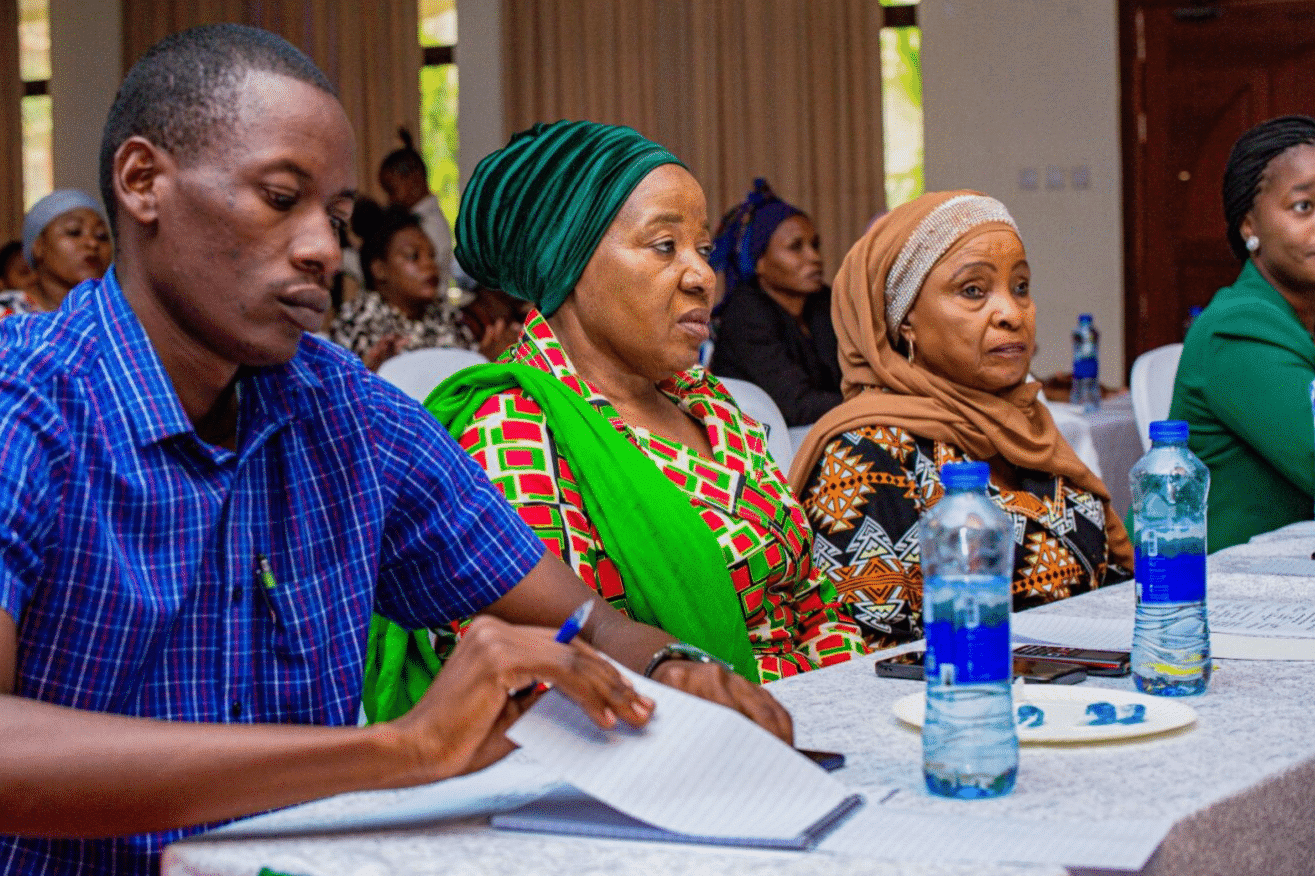In March 2021, the ICR Facility organized a training on Blending and Grant Financing for employees of the DEVELOPMENT BANK OF ZAMBIA (DBZ). The training was facilitated by CONVERGENCE BLENDED FINANCE. In total, the training had 27 participants, comprising DBZ staff members from senior management, the investment department and risk management as well as some participants from PROSPERO ZAMBIA, who supports investments into business innovations and is a partner of DBZ.
Aiming at enhancing skills of DBZ staff to efficiently design and operationalise various products and services in DBZ’s new 2021 to 2024 Strategic Plan, the training was designed to help develop strategies to execute blended finance projects, processes and procedures as well as build capacity to monitor blended finance transactions.
The training began with a detailed background on Blended finance and its importance in light of the current economic challenges and cost of financing to small- and medium-sized enterprises (SMEs) in particular, before delving deeper into different forms of blended finance. Instruments such as concessional debt or equity, guarantees and insurance, technical assistance support, project preparation and design-stage grants as well as results-based financing were discussed as well as the design and conduct of due diligence for blended finance transactions.


Furthermore, the training showcased the different kinds of projects that can be financed with a blended structure as well as previously completed deals. It included deep dives into the application of blended finance structures for financial inclusion, agriculture and gender equality. The presented case studies provided practical exposure to the participants and a guide to the team structuring such deals on what to look out for in terms of risks and returns. In addition, the cases gave insights on how the team can come up with the right financing mixtures for projects in various sectors such as energy and agriculture among others. The training incorporated guest speakers from other institutions who shared their experiences and mechanisms of designing and structuring deals as well as the monitoring mechanisms and tools utilised.
The key take-aways from the training include:
- Blended finance should be used to solve or correct market failures in the area of financing.
- Blended finance can be used to unlock more commercial capital to achieve the SGDs
- Blended finance should take advantage of resources available on the local market to provide affordable financing the rationed sectors
- Technical support can be included in a blended finance structure or instrument
- Blended finance can be a powerful tool for DFIs to utilise for projects that could not otherwise be funded with conventional capital
- Usage of blended finance as a way of tackling risk aspects of financing in certain sectors deemed to be highly risky.
Perception of the Training
While being delivered entirely in a virtual format, the training was well perceived by the participants as it coupled technical inputs, case studies and group exercises with peer-to-peer exchange formats and discussions on the next steps for DBZ.
In her closing remarks, Ms. Cristina Banuta, Private Sector and Trade Advisor at the EU Delegation Zambia, stated:
“The blended finance training has delved into blending and guarantees in great detail, both topics are also at the core of the European Fund for Sustainable Development (EFSD). It is expected that the EU’s funds, which will amount to €4.5bn incl. €1.5bn guarantees, will crowd in up to €44bn from financing institutions from EU members states, DFIs and the private sector on the African continent and in the EU neighborhood region. For the next seven years the EU will continue support under the EFSD+ which will substantially increase its resources and will become global. The banking sector represented by DFIs and commercial banks will play a major role in delivering the EIP. Therefore, having strong technical capacity in national and regional DFIs in structuring complex deals is crucial for the success of the EIP and for achieving our developmental objectives. I am absolutely certain that this training will contribute to this in the Zambian context. I was pleased to see the level of expertise of the speakers as well as the interaction between participants and trainers, which I felt was very beneficial for all parties involved. Also, I am very happy that, through the ICR Facility, the EU has found the right tool to support DBZ as there has been quite intensive bilateral contact in the past. This learning program was only the first in a series of trainings that will be organized for DBZ staff in the coming months.”
Statement from the Development Bank of Zambia:
“The trainer team from Convergence was knowledgeable, interactive and fully engaged with the participants during the training. The team provided a wealth of resources beyond what was presented during the training and promptly responded to any queries. In addition to the team demonstrating technical expertise, they were pleasant to engage with during the training. The training was structured and delivered in the most accommodative manner and met the Bank’s expectations as well as achieved the set objectives mainly to equip the DBZ team with the capacity to design, develop and implement blended finance programs to attract private sector investments to development finance transactions.”
As a snapshot of the participants’ perception of the training, we collected a few voices below:
“I would just like to say thank you to the facilitators, the panels, presenters and the organizers of this training for the job well done. The training is very useful and will go a long way in reshaping how projects are appraised and what funding type is suitable at their various stages.”
“The training team/ facilitators did a very good job at coordinating this training! They were time cautious and very friendly! I liked that. I like how they jumped into discussion and asked questions in order to facilitate a learning environment, most questions they asked were mind opening. Thank you to the ICR Team for this opportunity! They have indeed opened for us a door that will lead to an invaluable journey ahead! Exciting stuff ahead!”
The ICR Facility supported the production of this publication. It is co-funded by the European Union (EU), the Organisation of African, Caribbean and Pacific States (OACPS) under the 11th European Development Fund (EDF), the German Federal Ministry for Economic Cooperation and Development (BMZ) and the British Council. The ICR Facility is implemented by GIZ, the British Council, Expertise France, and SNV. The contents of the publication are the sole responsibility of the authors and do not necessarily reflect the views of the EU, OACPS, BMZ or of the implementing partners.
